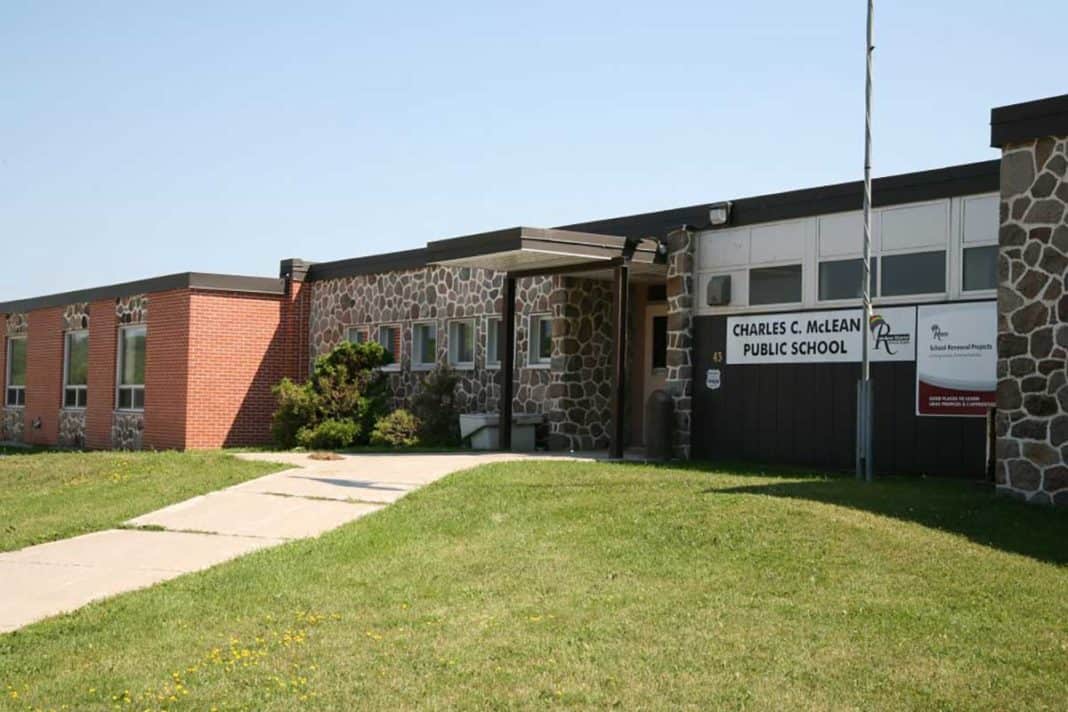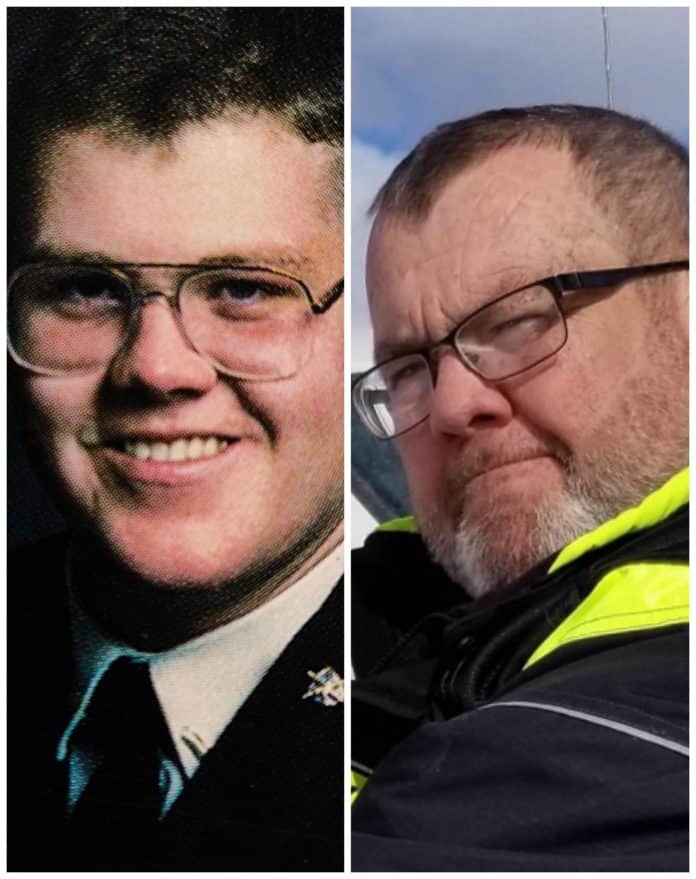GORE BAY – While the Charles C. McLean Public School “Mecha Martens” robotics Lego team did not advance from the regional competition last week, the team and its project met several standard requirements along the way and certainly held together very well as a team.
“For the past few months, and especially the past few weeks, the kids put together a solid project for the competition,” said Ray Scott, coach of the team, this past Sunday evening. However, “the kids found things a lot different having to work and compete online and by video (due to the pandemic) and not being able to meet in groups to work on and discuss their projects in person. They lost a lot of their synergy because of that.”
The Mecha Martens team was made up of eight students, all veterans to the C.C. McLean robotics team. They included Amara Wilson-Zegil, Athena Gravelle, Ezra Diebolt, Hailey Wadge, Henry Hartin, Maryam Aliagan, Noah Walker and Ruby Niemi.
“We’ve had a lot of success the last couple of years, and the kids persevered and jumped through all the hoops and did everything they had to do to get there,” said Mr. Scott. He explained the team put together a special project that basically uses a bike and when a pedal on it is rotated, it turns the pages of a book, so it encourages and promotes reading as well to follow the story.
The team, “actually garnered the most points they’ve ever received on the robot table part of the competition,” said Mr. Scott, with the team placing 16th out of 21 teams for their robot’s performance. He noted that the competition was tough and there were teams competing from all over the province at the regional competition, which was based in North Bay.
“And this was the first year the team did not receive any touch penalties,” said Mr. Scott. “The robot is supposed to be autonomous after the team starts their event and teams receive penalties for touching their robot. This was the first year we had no penalties.”
“And the kids have to get the robot to go where they want it to go, and the kids succeeded in getting it to follow lines by teaching the robot to see,” said Mr. Scott. “There is still more work to be done,” he said, noting, “keep in mind the robot doesn’t see like you and I do. A robot—which sees by contrasts of light and dark—follows the edge of a white line and makes steering corrections to stay on the right track. The kids learned a lot with that part of the project.” He also noted that the team used buckets on tractors as a design model to accomplish what the robot needs to do as part of the project.
Mr. Scott reiterated, “I think the students found it difficult to only be able to look at each other and communicate on a computer screen; it was hard to capture their normal synergy. Certainly, this was a discouragement over the season, but with this they learned resiliency, they didn’t give up and they worked together as a team. Apart from the robots, coding, machines, the team learned sometimes things are not easy but you have to soldier on.”
“We have some of the kids that are now going to be moving on to high school,” continued Mr. Scott. “This is the first time we’re looking at graduating kids from the team. It will be nice for them to take their experience and stills to high school, but we (C.C. McLean) will be losing that talent.”
“You don’t have to be super experienced, or super technical to work with robots, but you do have to be willing to put in lots of time to learn,” said Mr. Scott. The Mecha Martens are like many robotics teams in that they love doing a happy dance when a mission succeeds. And it proves the good work they are doing is not out of the reach of anyone.”
On Monday of last week, the Mecha Martens team had to hand in three video recordings of how well the robot performed its missions for the competition. Then on Tuesday the team had the opportunity to present their ‘Page and Pedals’ innovation project to three judges, and the latter asks the team members a series of questions.
Mr. Scott said there was also a contest held during the competition, an online presentation on Twitch, for the North Bay regional qualifiers, that team member Amara Wilson-Zegil won. “Amara won the swag prizes for finishing first which was a feather in her cap.”
“It is like a game show being held online, with multiple choice questions participants had to answer,” the coach said. “There were at least 60-70 students and even adults take part in the Lego League trivia.”
Amara and her father Mike explained that the contest is normally a live show at the competition, but because of COVID-19 it was held on the Twitch app. There were eight questions asked in relation to Lego First League Robotics, and Amara answered seven of the eight correctly. She was one of the 60-70 participants in the contest, and was third at one point and had dropped below ninth overall before coming back to take first place.
“One of the questions that was asked and they showed a photo of, was asking what type of sensor was displayed on the screen,” said Amara. She noted the correct answer which she submitted based on the photo, was a touch sensor.




